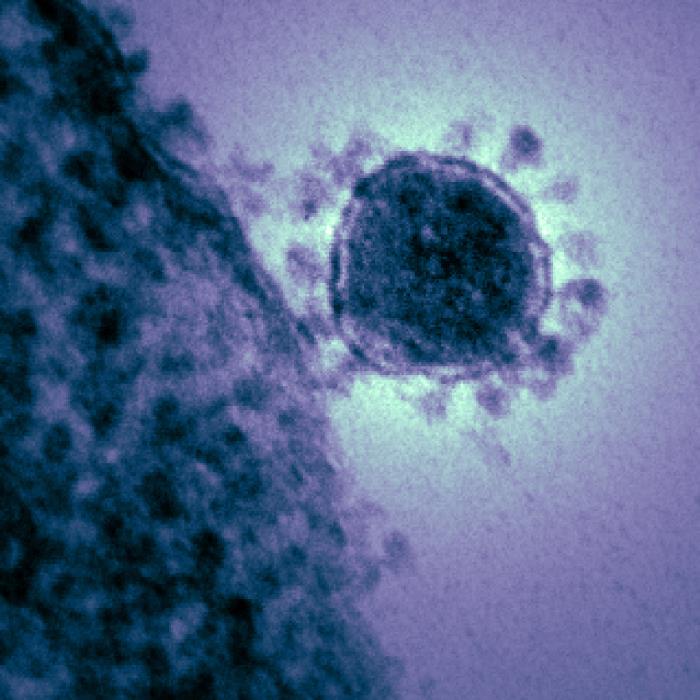
In other developments, a large group of global health experts called on world leaders to hold a United Nations summit on ending the pandemic, and the WHO and Germany today inaugurated a new hub for pandemic and outbreak data.
WHO tracks Mu variant
In its latest weekly snapshot of the pandemic, the WHO noted that cases were down in all of the world's regions except for the Western Pacific, which reported a 7% rise in cases. Globally, the level of deaths also held steady compared with the week before.
Countries reporting the most cases last week include the United States, India, Iran, the United Kingdom, and Brazil.
Patterns reflect a mixed picture, with some countries reporting notable spikes, including Ethiopia, with a 61% rise, followed by Timor-Leste with 32%, Canada 28%, Guatemala 23%, Sri Lanka 19%, and India 17%.
Seven more countries reported their first detections of the highly transmissible Delta (B1617.2) variant, raising the total to 170.
In a related development, the WHO after its latest assessments designated B1621, first seen in Colombia in January, as a variant of interest and gave it the Greek alphabet name Mu. The virus bears watching, because it has mutations connected to immune escape, similar to what was seen with the Beta (B1351) variant.
Early data show a reduced neutralization in the sera of those who recovered from natural infection or were vaccinated, but more studies are needed to confirm the findings, the WHO said.
Mu has been found sporadically and has fueled some larger outbreaks in South America and Europe. So far, about 4,500 sequences of the variant from 39 countries have been uploaded to the GISAID database. The WHO said the global prevalence of Mu has declined, but prevalence is steadily rising in Colombia and Ecuador.
"The epidemiology of the Mu variant in South America, particularly with the co-circulation of the Delta variant, will be monitored for change," it said.







